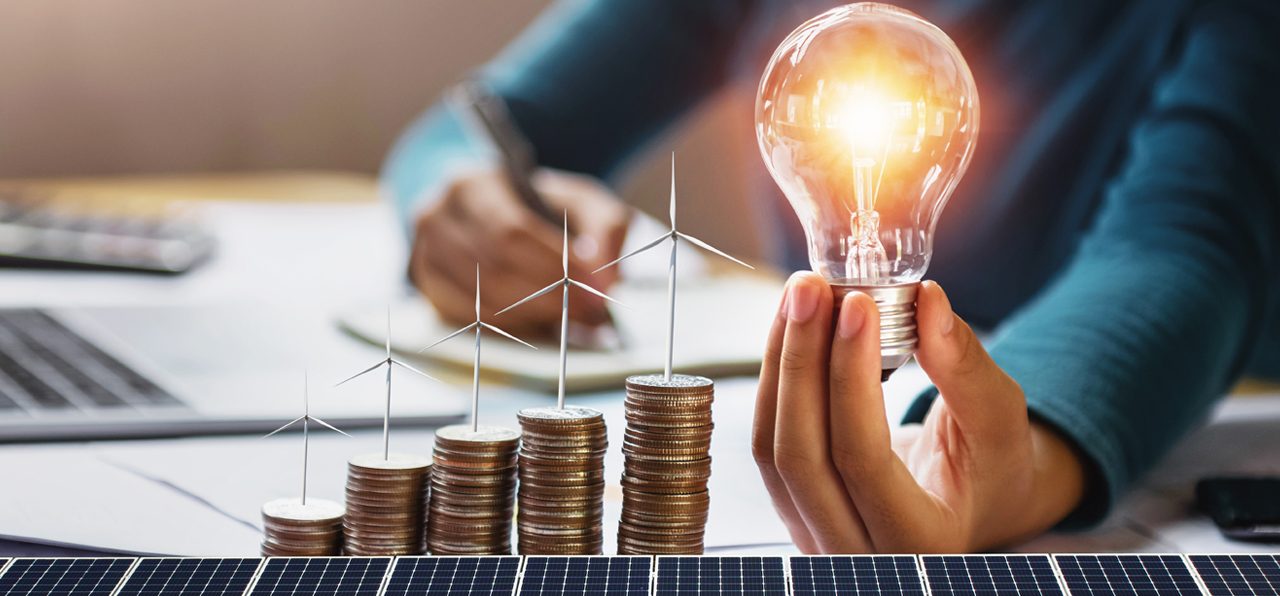
Contextual situation
Why embrace solar power? Well, the case for behavioural change has never been stronger. There is global consensus after studies by the UN’s IPCC have highlighted the precarious situation we are in, on the need for coordinated action. While it sets a limit for a 1.5 °C rise by 2100 in mean global temperature over the pre-industrial level, we are currently on track for 3.2-3.9°. By 2017 we have already hit a 1°increase. Not just by scientists, now Governments are being called to account by the youth for what today’s inaction will leave them with (if you haven’t yet, listen to Greta Thurnberg’s speech).
That fossil fuels are the major contributor to global warming we all know; one-third of carbon emissions come from oil alone. The problem is that population growth and economic development will lead to further use as these fuels are still the original energy sources.
It only gets worse till things better
The International Energy Agency’s 2019 World Energy Outlook predicts a further increase in oil output by 1 mn barrels per day till 2025; it envisages a decline after that. So, the problem isn’t going to die away soon.
That’s global. What about closer to home? Being in a phase of rapid economic growth, India (as well as Africa) will see a doubling in energy demand till 2050. This is as per the same IEA report of 2019.
One of the disastrous consequences of global warming is rising sea levels. There are three reasons for it: oceans expand with heat, glaciers at higher altitudes melt and ice sheets melt faster than snow can accumulate on them.
The impact on coastal cities like Mumbai and Kolkatta can be overwhelming. A recently published study by Scott Kulp and Benjamin Strauss puts 36 mn persons at risk through the expected flooding by 2050. Worse, coastal megapolises of India would go permanently underwater by the end of the century. These findings are much starker than what was thought possible just a few years ago.
Obviously, things are getting much worse; our civilisation has reached a tipping point. It is not about what happened in New Orleans some years ago. It is wildfires in California, scorching heat in Australia now and likely coastal flooding in India (and many other low-lying cities like Shanghai)—the consequences are to be felt by the rich and poor alike, globally.
And the good news is…
Renewable energy is set to take over as the cost of solar and wind power keeps declining. In many countries it will reach a tipping point—becoming cost-competitive with fossil fuel generation— in the next five years. The consultancy major, Mc Kinsey, has studied 30 sectors of the economy across 146 countries and 55 energy types to conclude that the share of fossil fuels will become less than 50% by 2035 compared to 85% in 2017.
In India, Genus is leading the charge
With over 25 years’ experience in power solutions, Genus makes a strong business case for adopting solar power generation, be it for home needs or business. Continuous innovation and advanced solar power plants enable it to be a cost-effective vendor.
Business solutions
What with the tax incentive of accelerated depreciation, it makes solar power even more competitive to grid-power on a rate-per-unit comparison. To this, add the comfort of turn-key solutions and the case for captive solar plants is absolutely a no-brainer.
Home needs
Data shows that in most Indian states the rise in the average rate has been 30%-50% over the last five years. There is likelihood of rates accelerating in the future. Insulate yourself from this by adopting off-grid solar solutions. Moreover, it is a stable source of clean energy.
You owe it to yourself and to future generations to embrace solar now!
